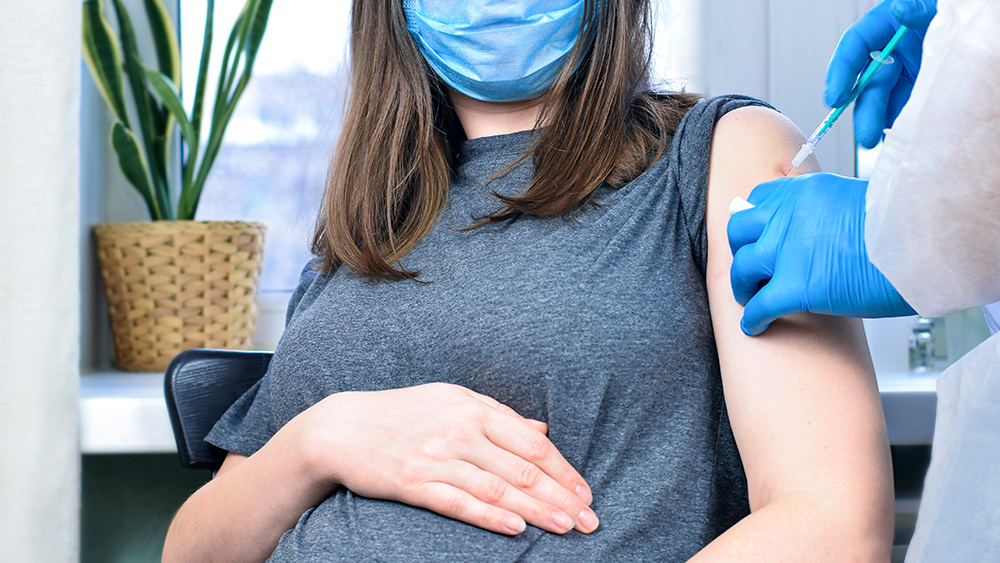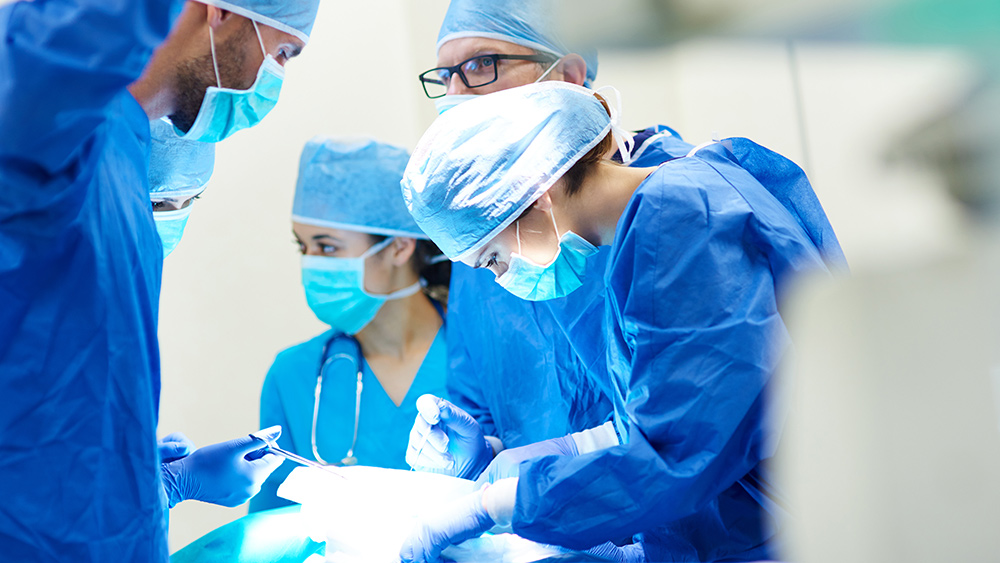Entire hospital ICU in China gets completely overtaken by antibiotic-resistant superbugs, putting patients at serious risk
05/11/2023 / By Ethan Huff

Hospitals are supposed to be places where the sick go to get healed, but it turns out that they are festering with deadly bacteria that are instead killing patients.
British researchers recently reported on a hospital in Hangzhou, China, that became completely overrun with a particularly virulent antibiotic-resistant “superbug” that ended up infecting one in three patients.
Known as carbapenem-resistant Acinetobacter baumannii, or CRAB, the superbug in question found its way into the hospital’s intensive care unit (ICU). From there, it spread through HVAC ventilation ducts, plumbing, and shared equipment, infecting both patients and staff.
“CRAB poses a serious risk to hospitalized patients and can cause severe disease including pneumonia, urinary tract infection, bacteremia, meningitis, and soft tissue infections – all of which can be very difficult to treat due to the bacteria’s multidrug-resistance,” said study co-author Alan McNally, a professor at the University of Birminghan.
(Related: Learn more about how colloidal silver destroys superbugs.)
Nearly half of all supermarket meat contaminated with superbugs
For their study, researchers collected samples from the entire ICU, identifying 35 CRAB-positive patients, 14 of whom contracted the superbug during their stay in the ICU.
The infected patients’ bedding was also discovered to be contaminated, along with the hospital equipment in their rooms. In fact, the bed units contained more CRAB contamination than the patients in those beds, with ventilators and dispensing trolleys being the worst offenders.

“The quantity of CRAB found in this ICU highlights the urgent need for targeted infection prevention and control measures in healthcare facilities where such large accumulations of the bacteria are likely, so that we can stem the global spread of this pathogen,” McNally added in a university release.
Superbugs have been a serious problem at hospitals for a while now, and this latest study serves as a case-in-point as to just how problematic they truly are. CRAB in particular sticks to surfaces and equipment for extended periods of time, and patients exposed to it can develop sickness within just 48 hours of hospital admission.
In order to help minimize infections, hospital workers need to regularly and deeply clean all surfaces, as well as minimize the relocation of patients between beds.
“In the absence of new therapeutic agents, effective CRAB IPC strategies are vital, if we are to limit the morbidity and mortality caused by the bacteria in hospitals,” McNally said.
“We must develop a thorough understanding of the persistence, transmission, and evolution of CRAB populations in such environments.”
There is evidence to suggest that a new spray containing peptides bound to hydrogel particles may help with wound care while also killing CRAB and other antibiotic-resistant bacteria.
“Our innovation can have a dual impact in the fight against antibiotic resistance,” explained Martin Andersson, head of research for a new study on the solution.
“The material has been shown to be effective against many different types of bacteria, including those that are resistant to antibiotics, such as Methicillin-resistant Staphylococcus aureus (MRSA), while also having the potential to prevent infections and thus reduce the need for antibiotics.”
Beware of supermarket meat as well, as up to 40 percent of it tested positive in another recent study for potentially deadly superbugs.
Researchers in Spain found that nearly half of all chicken, turkey, beef, and pork products sold at grocery stores contain multidrug-resistant E. coli, which are “highly” prevalent and could cause severe infections.
Scientists say that antibiotic drug resistance all around the world is reaching “dangerously high” levels, killing an estimated 700,000 people a year. By the year 2050, that figure could increase to 10 million people.
More related news can be found at Superbugs.news.
Sources for this article include:
Submit a correction >>
Tagged Under:
antibiotic resistance, bacteria, China, hospital, ICU, infections, outbreak, Plague, real investigations, research, superbugs
This article may contain statements that reflect the opinion of the author




















